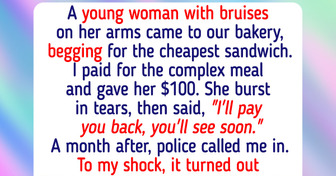I think you were right on!!!
I Snatched My Tip Back Because of the Waiter’s Nasty Attitude
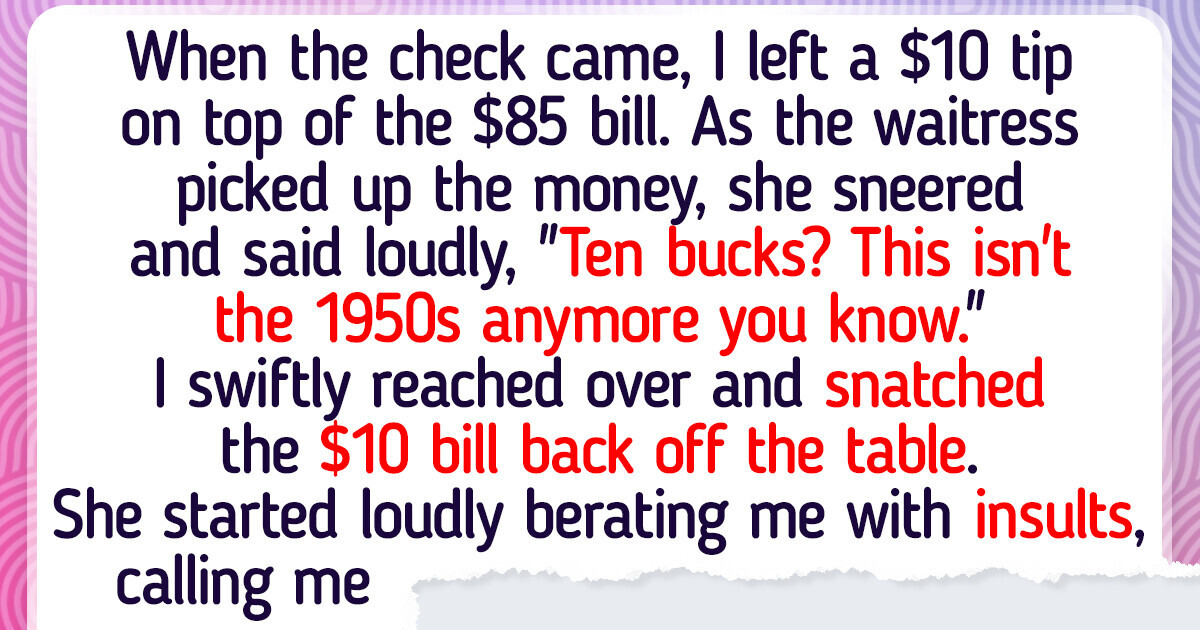
We've all been there - a nice evening out to mark a special occasion, only to have it marred by an unpleasant encounter. Amelia's letter detailing her recent restaurant experience raises important questions about tipping etiquette, customer service, and how to navigate conflict.

There’s a lesson in empathy and respect to learn.
Amelia, your letter regarding the unpleasant encounter with the waitress at the restaurant has raised several important points worth addressing. While the situation escalated in an unfortunate manner, it serves as a reminder that empathy and respect should be at the forefront of every interaction, whether between service providers or customers.
Maintaining composure and seeking to understand the perspectives of others can often diffuse tense situations and prevent them from spiraling out of control. Fostering a culture of mutual understanding and courtesy can go a long way in creating positive experiences for all parties involved, regardless of the context.
It’s only fair to expect the waitress to be professional and courteous.

AS A RESTAUANT OWNER FOR MANY YEARS AND I MIGHT ADD A TRAVELER TO MANY COUNTRIES..GOING TO RESTAURANTS IN MANY COUNTRIES.. YOU DID EXACTLY THE RIGHT THING.. SHE WAS A NASTY PERSON AND SHOULD NOT BE IN THE RESTRAUANT IDUSTRY.. GOOD FOR YOU...
You are right to expect a certain level of professionalism and courtesy from those in the service industry. Waitstaff are the face of the establishment and play a crucial role in creating a positive dining experience for patrons.
However, it is equally important to acknowledge the challenges and pressures they often face, which can sometimes lead to momentary lapses in judgment or patience. Long hours, demanding customers, and the stress of relying on tips for income can take a toll, though this does not excuse unprofessional behavior. Recognizing the unique challenges of the service industry can foster greater empathy and understanding, ultimately leading to more positive interactions between customers and staff.
Successful conflict resolution requires effective communication and emotional intelligence.
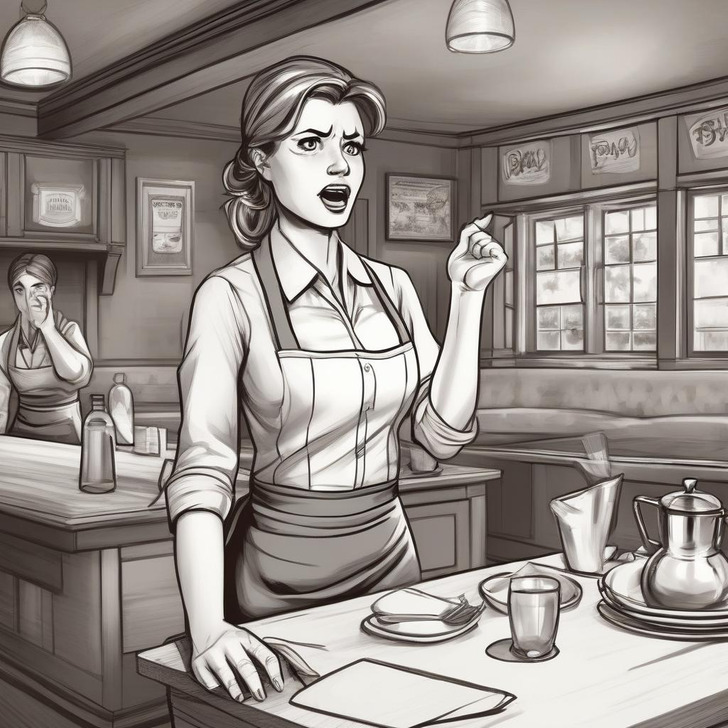
In an ideal scenario, the waitress should have addressed her concerns about the tip amount in a more tactful and respectful manner. Her condescending tone and insulting remarks were unacceptable and understandably sparked your frustration. However, meeting rudeness with further escalation rarely leads to a constructive resolution.
Effective communication and emotional intelligence are key to resolving conflicts in a productive manner, allowing both parties to express their perspectives without resorting to insults or aggression. By practicing active listening, remaining calm, and seeking common ground, even heated disagreements can often be resolved amicably.
Empathy is a two-way street.

While the waitress's behavior was inexcusable, it is worth considering that we all have moments of weakness or stress that can lead to regrettable actions. Perhaps she was having a particularly difficult day or dealing with personal challenges that clouded her judgment. This does not excuse her conduct. However, it serves as a reminder that a little empathy can go a long way in diffusing tense situations.
By attempting to understand the potential root causes of someone's actions, we may be better equipped to respond with compassion rather than escalating the conflict. Empathy is a two-way street, and extending it to others, even in challenging circumstances, can often lead to more positive outcomes.
De-escalation and conflict resolution are very important.
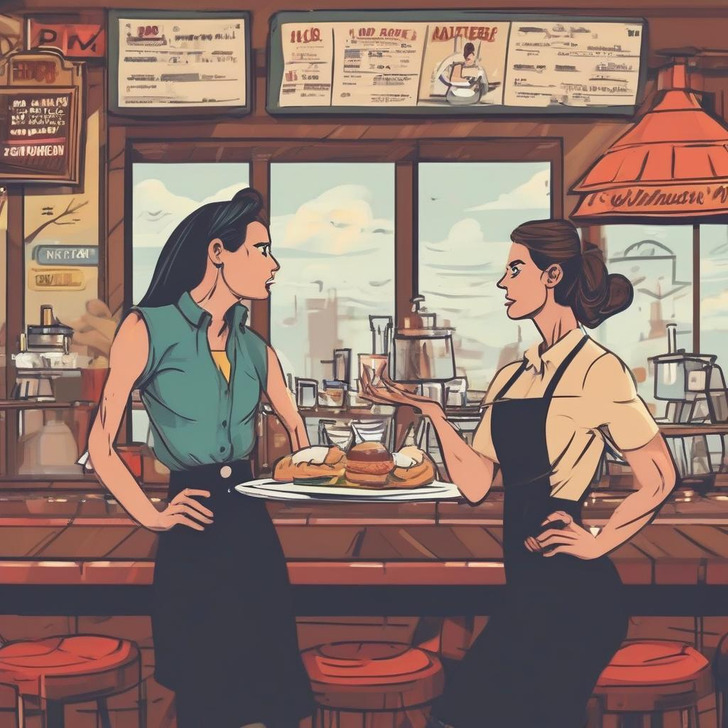
In retrospect, it might have been more productive to calmly address the issue with the manager or supervisor, rather than engaging in a public confrontation. By maintaining composure and seeking a resolution through proper channels, both parties could have avoided the escalation that ultimately tarnished the evening.
De-escalation techniques, such as taking a step back, speaking calmly, and seeking mediation, can often prevent minor disagreements from spiraling into more significant conflicts. Engaging in constructive problem-solving and conflict resolution can not only resolve the immediate issue but also strengthen communication and understanding between all parties involved.
Friction offers a chance for growth.
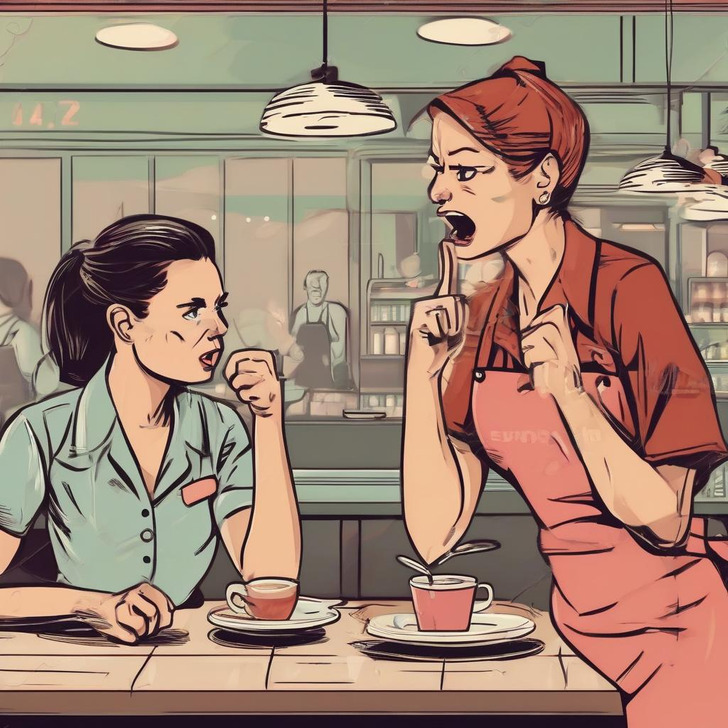
Amelia, while the situation was undoubtedly frustrating, it presents an opportunity for personal growth and reflection. Recognizing that we all have moments of imperfection can help foster a more compassionate and understanding society. Moving forward, remember that respect and empathy should be the guiding principles in all interactions, even in the face of adversity.
By embracing these values, we can create a more harmonious and positive environment for ourselves and those around us, and potentially avoid similar unpleasant situations in the future. Ultimately, a little understanding and kindness can go a long way in promoting positive interactions and fostering a more respectful and empathetic society.
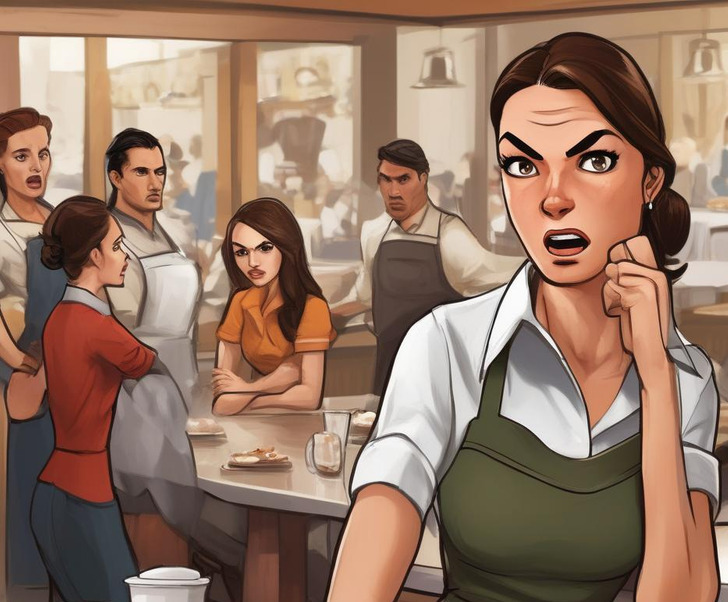
Navigating conflicts with grace, composure, and a willingness to see others' perspectives not only diffuses tense situations but also fosters greater understanding and harmony. Amelia's story reminds us that a little empathy can go a long way in creating a more respectful and compassionate world. For a related story, check out how people are reacting to servers' hourly pay and the opinion that "tipping culture is out of control."
Comments
Related Reads
14 People Who Have Scratched the Word "Shame" Out of Their Dictionary
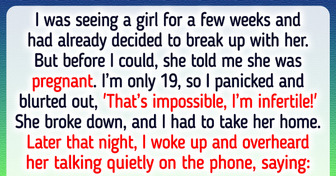
17 Weddings That Ended Up With a Tragic Twist

I Exposed My Husband’s True Relationship With His Best Friend; I’m Beyond Furious
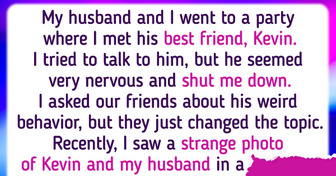
My Husband Didn’t Let Me Go to The Hospital Because He’s a Doctor

20 Bright Siders Share Stories That Prove Children Live to Tell the Truth to Anyone They Meet

20+ Cunning Parents That Always Have an Answer to Any Mischief From Their Children

I Can’t Believe What My Ex-Husband Asked Our Daughter to Do

A Woman Explains to Her Husband Why She Hated His Mom and Shares a Shocking Labor Story
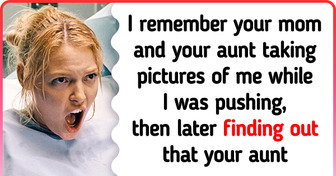
My MIL Cut My Daughter’s Hair Without Permission, and Here Is What I Did

16 Moments That Remind Us to Stay Kind Even If the World Turns Ice Cold
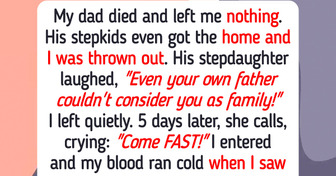
15+ Stories Proving That Hiring a Repairman Is Always a Total Lottery
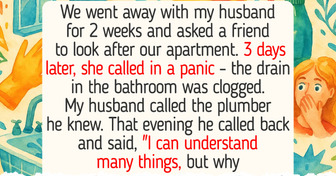
20 Stories That Remind Us to Stay Kind Even When Life Stops Playing Fair
